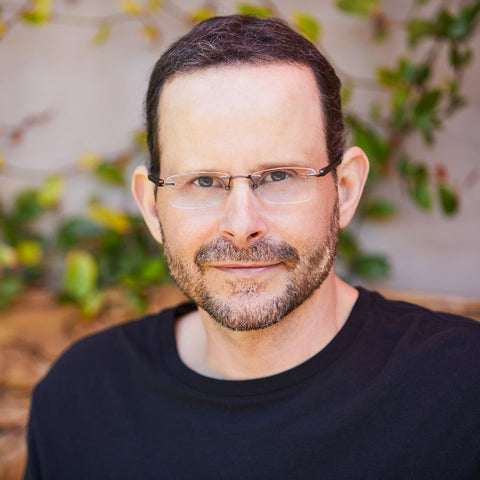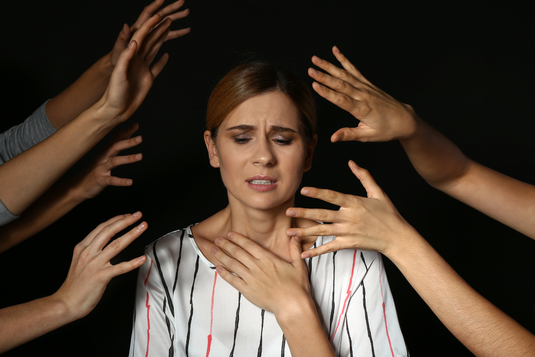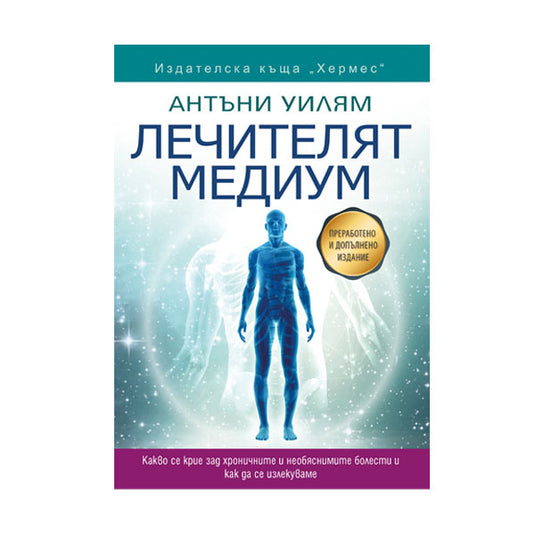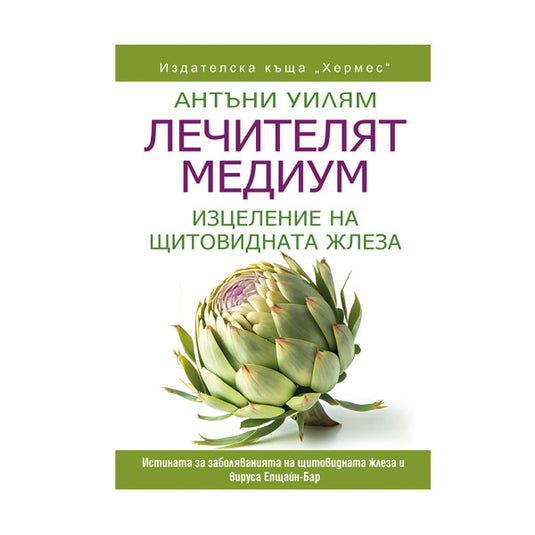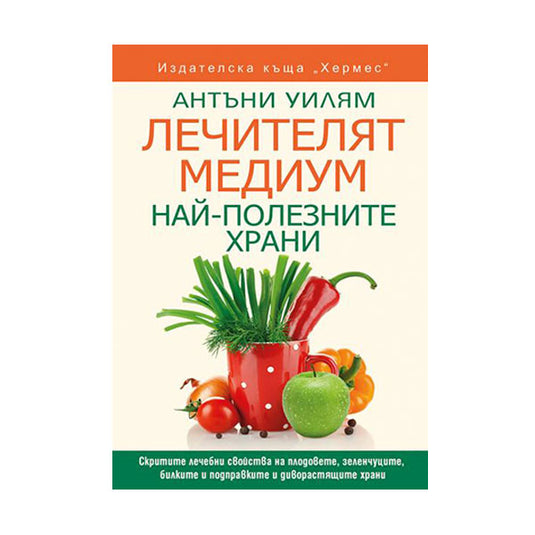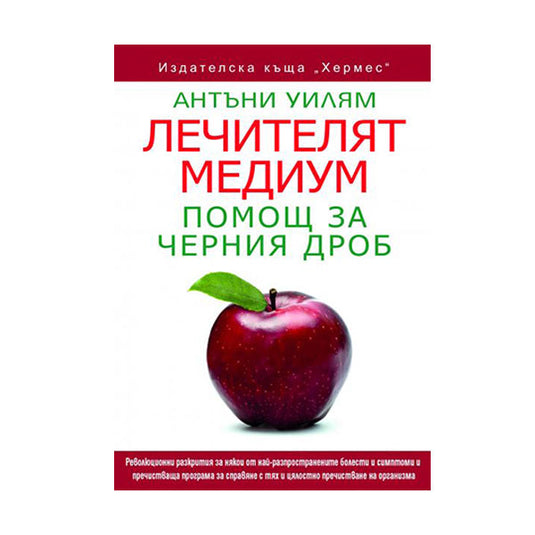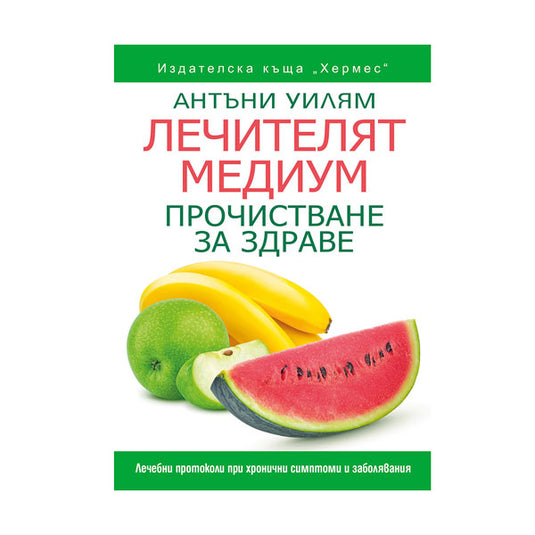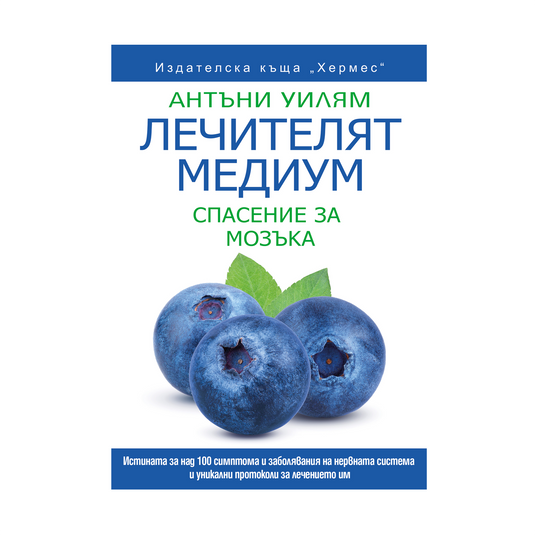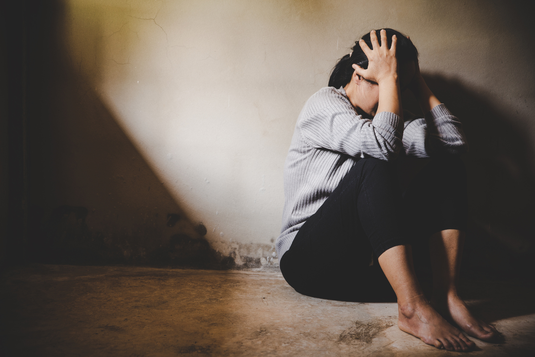These days, suffering from symptoms or conditions of chronic illness is the new normal. We live in a time where you are either not sick or you are very sick. Everyone struggles with some condition. Everyone experiences at least one symptom, whether they would call it that or not, whether they realize that their health is threatened or not.
When you are “not that sick,” your life hasn’t hit the brakes yet. You are able to live with and deal with any health issues that may arise, if you notice them at all. There isn’t much of a gray area between “not that sick” and “chronically sick.” You only know when your health is getting to the point where it can’t be managed when you feel it is spiraling out of control. You realize you are in an emotional or mental state of despair as you try to figure out how to stop the symptoms that are becoming a growing problem that is interfering with your life.
Because of people’s varying pain tolerances and individual differences, the line between “not that sick” and “chronically sick” can vary from person to person. One person’s obstacles that limit their quality of life may not be obstacles for another. It all comes down to each person’s individual experience. When you’re “not that sick,” everything is going smoothly. You cross the line into “chronically sick” when you feel like something is wrong and is really interfering with your life.
When you suffer from serious health problems, you can sometimes get a judgmental assessment from someone who hasn't been through the hell of going from doctor to doctor. The "not-so-sick" person's attitude may be limited to their own experience of mild bloating , mild acne from time to time, a headache once a day, mild brain fog that clears up with caffeine in the morning, occasional mild fatigue, or slight weight gain . For the "chronically ill" it would be a relief to experience only the symptoms of the "not-so-sick," which also include mild indigestion, mild shoulder pain, mild seasonal affective disorder , leg pain, occasional headaches, mild morning stiffness that goes away, mild sinus congestion, occasional yeast infections, mild constipation, rare colds, mild anxiety, mild thyroid condition, hormonal imbalance, and mild skin problems. These mild or temporary symptoms of the “not so sick,” while unpleasant and inconvenient, are quite different from the serious, life-limiting, and perspective-altering symptoms experienced by the “chronically ill.”
The “chronically ill” are people who have tried both conventional and alternative medicine. They know what it feels like to be burdened and trapped by a struggle that may be invisible to others. It can be a years-long, brutal journey of trying to heal and find answers for severe neurological fatigue , crippling anxiety, chronic heart palpitations, high blood pressure, arrhythmias, drastic mood swings, severe depression, persistent brain fog , mysterious seizures, unexplained body aches, debilitating migraines, excruciating eczema or psoriasis , chronic bloating , serious digestive disorders, mysterious jaw pain, numbness and tingling, chest tightness, and inability to exercise due to muscle weakness .
When you see doctor after doctor, specialist after specialist, and the associated fees keep piling up, and your diagnoses keep changing or you don’t get any at all, and all of this interferes with your life, the fight for your health becomes a full-time job. Many days, it’s hard to even get out of bed. You watch others around you being so productive, achieving their daily goals, while your daily routine consists of settling doctor and health insurance bills, going to pharmacies, and driving long distances to various specialists. Sometimes you even have to go to the hospital. These daily obligations, at some point, begin to dominate your day, your year, your life, and the lives of those around you.
Meanwhile, you may face the added challenge of judgment and misunderstanding from some of the “not-so-sick” people you meet. They will treat you as if you chose these symptoms and this long road to finding answers, as if you simply haven’t tried hard enough to get better or haven’t maintained a positive enough attitude. Criticism and doubt that your chronic suffering is even real can be adverse side effects of the already difficult reality of living with a chronic illness.
Routine self-care and the desperate need for care
One of the distinctions between "not that sick" and "chronically sick" is the difference between routine self-care and the desperate need for care.
When you are “not that sick,” visits to a doctor, specialist, rehab, or instructor are focused on self-care, not on cries for help because you are so sick. Many people who are “not that sick” live their lives normally. Their illness does not hinder them, does not stop them, and does not deprive them of the opportunity to do what they want. And some of these desires lead to self-care. You do your workouts, saunas, facials, meditation, visits to a coffee shop, scented candles, travel plans, shopping, visits to the beautician, tartar removal, manicures and pedicures, acupuncture, massage, breath work, gatherings and events, and when a mild symptom arises, you visit a doctor from time to time. Taking care of mild, intermittent, or temporary symptoms becomes part of your routine self-care. You don’t have to stop and say to yourself, “I really am sick, and this is preventing me from doing what I want or need to do.”
The “chronically ill” person needs care that goes beyond routine self-care – it is a desperate need for care. The basic experience of the day is reduced to the mandatory forms of care that are necessary to maintain the path to healing. If the “not so ill” person has to cancel their appointments because of bad weather, they will still be fine. They may be disappointed. They may experience some anxiety or a little stress from the fact that their plans have been disrupted, but their life will still go on. The “chronically ill” is in a different situation. Every little element that supports the “chronically ill” person matters. Their focus is on survival, despite the symptoms and the illness they suffer from. They are in a constant struggle to maintain their freedom, fighting to regain the freedom they once had, trying to find joy wherever it may be, in this constant process of struggling to survive. And this “chronically ill” person needs mandatory forms of care that he relies on to carry out this constant struggle. It is not a matter of choosing care from the abundance of fun options or personal choices that will support his life. The needs of the “chronically ill” person are mandatory for his survival.
So much time and energy is spent fighting a chronic illness. If someone who is “not that sick” has never had to deal with it, it can be hard for them to understand. Judging someone who is “chronically sick” when you’ve never been in that situation is like judging a homeless person living in a tent on the street when you’ve never been without a roof over your head. It’s easy to seem concerned as you simply walk past this person. It’s easy to think that this is just a homeless person living in his tent and then go on with your day. What if you focused on the details of this person’s life? What if you asked yourself: How did this person become homeless? When was the last time they showered? When was the last time they ate? How does he go to the bathroom? Is there mold on his blankets? Does his tent have holes? Can he even walk, or does he have pneumonia? What is his name? What does he need? How long has he been on the street?
When a “not-so-sick” person meets a “chronically ill” person, they may look alike on the outside. And if the “not-so-sick” person has never experienced what the “chronically ill” person is experiencing, they may not be aware of certain details about that person’s life. How long has he been sick? How severe is the illness? What foods can he or she eat or not eat? Can he or she even bathe himself or herself? Can he or she exercise? What kind of pain is the person experiencing—mental or physical? How many doctors has he or she seen? Has he or she lost friends to the illness? Does he or she suffer from post-traumatic stress disorder because of the illness? How many hours can he or she function during the day? The list is endless!
There are cases where the “not so sick” person can be extremely absorbed in taking care of himself. So absorbed that it seems as if everything that is not related to his own experience does not exist. If it does not fit into his frame of experience, then it does not matter or he simply cannot see it. A “not so sick” person who is absorbed in taking care of himself may sympathize with someone’s sprained ankle if he himself has had a sprained ankle. He may sympathize with someone’s hay fever if he himself has had hay fever. Such a person may be inclined to learn something new that someone is doing for their health if he can apply it in a way that helps him himself. His life becomes a life of taking care of himself, to the point where he has no time to be interested in anything that is not related to his own life. With such an attitude, a “not so sick” person can unknowingly cause emotional harm to the “chronically sick” people they meet.
When a “not so sick” person cannot look beyond their own experience, they may be judgmental about what the “chronically sick” person decides to do to heal themselves, or how much effort they have to put in to try to heal and recover. A “chronically sick” person who has lost years of their life in struggle and suffering, visiting dozens of doctors, spending tens of thousands of dollars, losing friends and family, even losing parts of themselves along the hard road of illness – when that person finds a way out, finds a way to heal and recover, they may remain misunderstood by the “not so sick” person. Because if the "not so sick" person cannot understand how difficult it was for the "chronically ill", how sick they really were, what it was like to be at your worst and fighting for your life, then the "not so sick" person will not be able to understand the recovery of the "chronically ill" either - how far they have come, what means they have used, what they have done to recover.
When you recover from a chronic illness, you may feel like an outsider. In fact, you deserve so much more recognition. The world of the “not so sick” should be celebrating those who have recovered from a chronic illness. They should be raising their banners high, shouting for others to know and learn from.
But this is not the case. The world of the “not so sick” is rather unsupportive. A “not so sick” person may not notice someone’s recovery if it does not apply to them, or if they do notice it, they may misunderstand it and even judge it. The “chronically ill” can be judged both for having gotten sick and for the way they recover. It is easy to laugh at or ignore these life-saving understandings if we have never experienced this type of suffering. And that is until the “not so sick” become “chronically ill.”
You can find the continuation of the article here: "We must take care of each other (part 2)" .
The article uses materials from Anthony William's book "The Medium Healer: Salvation for the Brain" .

